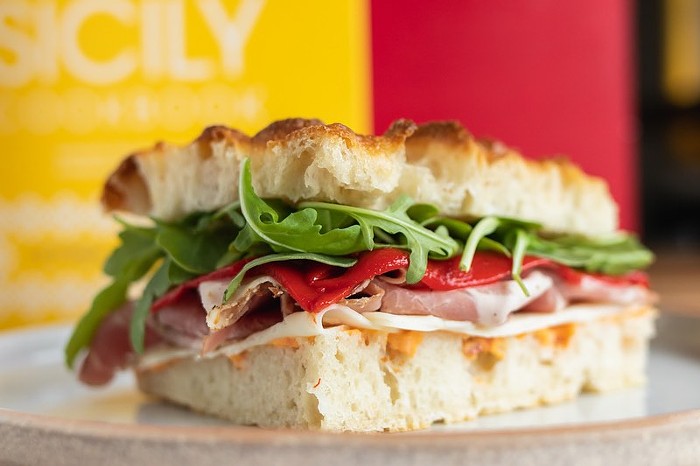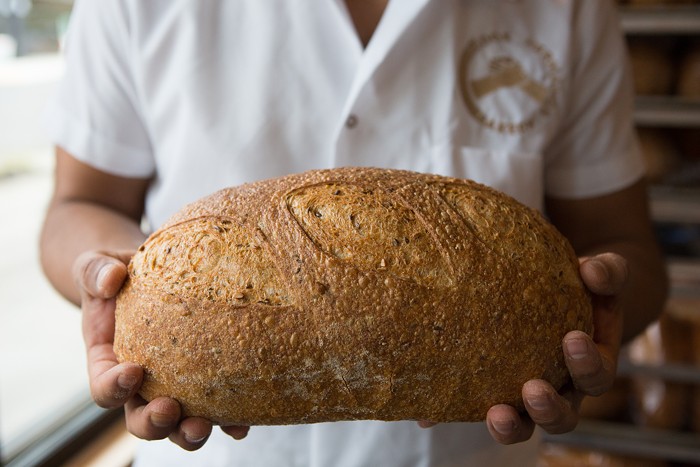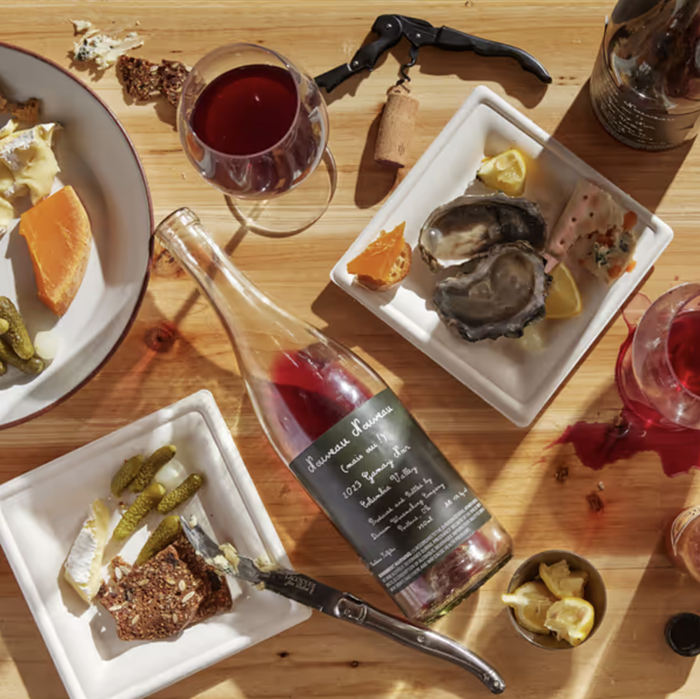
Workers at Fred Meyer and QFC locations across the Portland metro area have voted to authorize an unfair labor practice strike as soon as Friday as tensions over a contract negotiation and unfair labor practice grievances mount.
“We have put out that if we do not have a deal by Friday at 6 am, we will be going on strike,” United Food and Commercial Workers Local 555 (UFCW) spokesperson Miles Eshaia said.
The UFCW represents some 29,000 grocery workers in Oregon, southwest Washington, Idaho, and Wyoming, with the bulk of those members working in the Portland metro area at grocery stores like Fred Meyer, QFC, Safeway, and Albertsons.
Fred Meyer and QFC are both owned by Cincinnati-based retail giant Kroger. Portland metro area workers’ UFCW contract with Kroger expired in August, and the union cancelled a contract extension several weeks ago.
But contract negotiations have been complicated by the UFCW’s complaint that Fred Meyer and QFC have refused to provide information it needs to negotiate effectively and process grievances—one of a number of unfair labor practice complaints that the union has filed against the Kroger-owned stores with the National Labor Relations Board (NLRB).
An unfair labor practice strike differs from an economic strike in that it aims to address a specific unfair labor practice as opposed to general working conditions, wages, or hours. Unfair labor practice strikers cannot be permanently replaced or fired by their employer.
The foremost complaint and reason for the potential strike, according to union officials, is that Fred Meyer has refused to turn over to the union the information it needs to investigate whether certain employees are being properly compensated under the terms of their contract.
“The way these employers have violated the National Labor Relations Act has left grocery workers no choice but to take action,” UFCW 555 President Dan Clay said in a statement earlier this week.
Eshaia said that the union has been aware of a potential issue with compensation for months, and that they do not believe it is a matter of single paychecks being off. Absent information from the company, Eshaia said, the union has no way of knowing how many workers may be affected.
“We believe it’s a much larger, systemic issue—and if it’s a larger, systemic issue, and they’re not giving us the information to prove or disprove it, that doesn’t work,” he said. “That’s an unfair labor practice. They’re required to give us information, and they’re not.”
A Fred Meyer spokesperson wrote that the company is negotiating in good faith and that it will “continue to be compliant with all labor practice laws and legal requirements.”
Eshaia declined to reveal how many workers participated in the strike authorization vote, but claimed that turnout was “sizable” and that 97 percent of workers voted in favor of authorization—a signal of strong support for aggressive action.
“That’s staggeringly high,” Eshaia said.
Frustrations with Fred Meyer and QFC have been piling up since the onset of the pandemic, when Fred Meyer workers were initially heralded as heroes, featured on billboards, and given temporary hazard pay.
But the goodwill generated by those decisions did not last. Most Fred Meyer employees received an additional $1,000 and $1,600 for their essential work before the company ended hazard pay benefits in May 2020, angering the union.
Since then, grocery store workers have continued to work on the frontline of the pandemic with little added recognition from their employer—even as Kroger increased profits significantly during the pandemic, with total 2020 sales easily topping $100 billion.
“Essential Employees deserve the same care and respect now that they have shown our neighbors over the last two years,” UFCW 555 secretary-treasurer Sandy Humphrey said in a statement.
The major issue in contract negotiations for workers is obtaining a sizable wage increase—both due to the still-dangerous nature of their work and standard inflation.
“The risk is still there,” Eshaia said of the COVID situation. “You have to compensate people accordingly for that. That and the cost of living is just skyrocketing, and these companies need to keep up with that. You need to be able to shop in the communities where you work and live.”
A Fred Meyer spokesperson said that the company has an offer on the table that considers “the whole person.”
“We have proposed wage increases for our respective 555 associates, affordable healthcare benefits, stabilized retirement pension benefits, as well as safety measures to help ensure a safe working environment for our associates,” they wrote in an email to the Portland Mercury.
The charge that Fred Meyer has failed to turn over information to the union is not the first serious complaint filed against Fred Meyer and QFC in recent months. In September, the NLRB ruled that the companies violated federal labor law when they banned employees from wearing Black Lives Matter buttons and apparel to work at Puget Sound-area stores last year.
The major unfair labor practice complaints could be resolved as part of a successful contract negotiation, or they could continue to go through the NLRB’s process for adjudicating such complaints.
In addition to wage increases, union officials want to ensure that Fred Meyer and QFC continue to take necessary safety precautions to keep workers safe as the COVID-19 pandemic continues, with new variants continuing to emerge as unequal access to vaccines prolongs the pandemic.
Officials are also concerned with protecting the safety of its workers in other ways after a year of incidents of violence at grocery stores.
The Fred Meyer location on North Lombard Street was the scene of a killing earlier this year when a woman ran over her ex-husband in the store’s parking lot after he had allegedly attacked her at her home.
Grocery stores have not been exempt from the country’s mass shooting epidemic either. In March, a gunman killed ten people at a supermarket in Boulder, Colorado. Three other mass shootings have taken place at grocery stores this year.
For now, the Fred Meyer spokesperson wrote that it is “business as usual” at its stores. By Friday, however, that could change.
“It’s our hope that if we do go on strike, shoppers will not cross our line,” Eshaia said. “We hope after two years of serving our communities during a pandemic, our customers will support us in turn to help us get a better deal.”



















